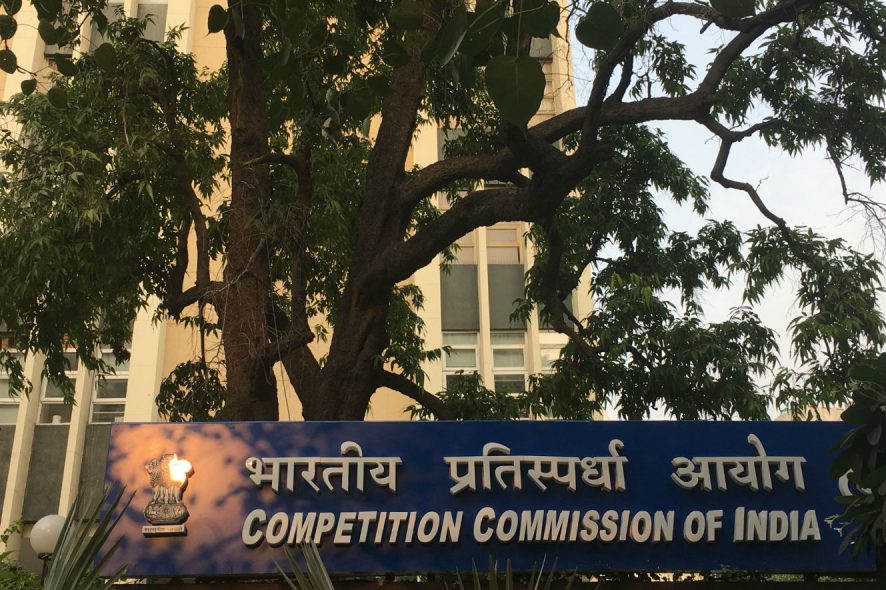Competition Commission of India (CCI): The Coram comprising of Ashok Kumar Gupta (Chairperson) and U.C. Nahta and Sangeeta Verma (Members) dismissed an application filed by a Telugu Film and T.V. Serial Producer and distributor on being not allocated sufficient cinema theaters/screens.
In the present case, Ashok Kumar Vallabhaneni (Informant) filed an application under Section 19 (1) (a) of Competition Act, 2002 against the OPs who are engaged in the business of production and distribution of movies in the States of Andhra Pradesh and Telangana, alleging inter alia contravention of the provisions of Sections 3 and 4 of the Act.
Informant entered into a Theatrical Distribution Agreement with Sun Picture according to which the Informant had purchased the “distribution and exhibition rights” for the dubbed version of the Tamil movie ‘Petta’ in the Telugu language, in the States of Andhra Pradesh and Telangana. Sun Picture decided to release the movie worldwide during the Pongal/Sankranti festival in the month of January, 2019.
Further, it has been stated that, Informant contacted OPs who have control over more than 80% of local movie theatres in the States of Telangana and Andhra Pradesh and requested them to provide a minimum of 400 screens in said states. OPs declined to provide a sufficient number of screens for the said movie due to which Informant immediately approached the ‘Telugu Chamber of Commerce’ and raised the issue of non-allocation of sufficient cinema theatres/screens.
It was alleged that due to cartelization amongst the OPs, the OPs allotted limited screens for screening the Informant’s dubbed movie, thereby,
depriving the right of the Informant from exhibiting the said movie in a sufficient number of screens and causing immense monetary loss.
Adding to the above allegation, the conduct of OPs not only adversely affected the competition at the distributor level but also had an appreciable adverse effect on the consumers/viewers. All of the stated allegations are said to be in violation of the provision of Section 3(3)(b) of the Act.
Another allegation added to the list was that the sole object of OPs was to monopolise the film industry with a view to preventing the entry of new producers and due to which Informant’s suffered a loss of about Rs 7 Crores. Therefore it has been stated that OPs were “Limiting or restricting the Telugu film industry” and thus violating the provisions of Section 4 of the Act.
Conclusion
Commission noted that,
“What the Act under Section 4 contemplates is the abuse of dominant position by an enterprise or a group rather than abuse of a dominant position of collective dominance by more than one entity.”
Thus, the commission stated that abuse on account of collective dominance is a concept not recognised by the Indian Competition regime so far. In the present case, Informant averred the presence of multiple players in the market. When the market is dynamic and is characterized by the presence of multiple players, no single player can be said to be in a position to affect the competitors or consumers or the market in its favour.
Regarding the allegation of cartelization, there was no material furnished or indicating collusion amongst OPs, thus no interference is warranted in that regard.
In view of the above facts and circumstances of the case, no case of contravention of the provisions of Sections 3 and 4 of the Act is made out against the OPs. [Ashok Kumar Vallabhaneni v. Geetha SP Entertainment LLP, 2019 SCC OnLine CCI 27, decided on 01-08-2019]







